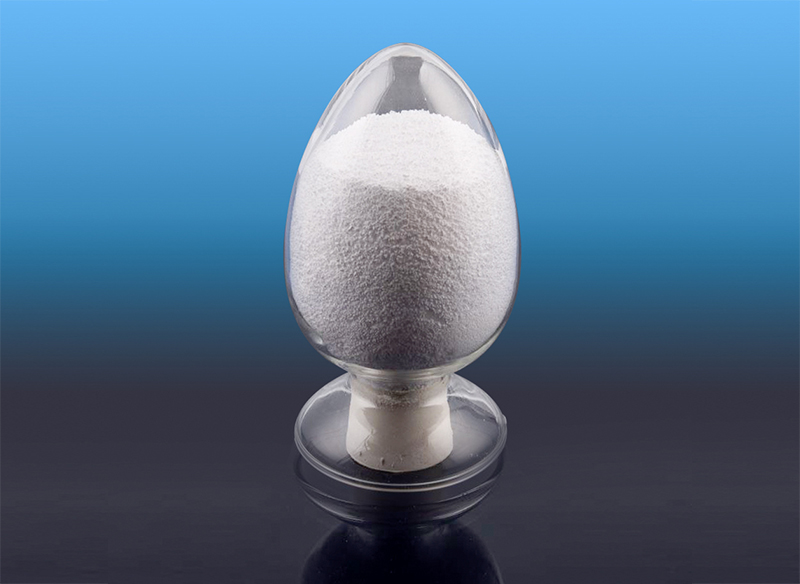What are the benefits of using oil-free TPE in consumer products?
Using oil-free TPE (Thermoplastic Elastomer) in consumer products offers numerous benefits, particularly in terms of environmental impact, health and safety, performance, and manufacturing efficiency.
Environmental Impact
Reduced Pollution:
No Petroleum-Based Additives: Oil-free TPE eliminates the use of petroleum-based oils, which reduces the environmental impact from extraction, processing, and disposal. This contributes to a lower carbon footprint for products made from oil-free TPE.
Enhanced Recyclability:
Material Reuse: Oil-free TPE is often easier to recycle, supporting a circular economy and reducing waste.
Health and Safety
Lower VOC Emissions:
Improved Air Quality: Oil-free TPE generally emits fewer volatile organic compounds (VOCs), which helps improve indoor air quality, making it safer for use in enclosed spaces.
Non-Toxic and Skin-Safe:
Hypoallergenic: Without harmful chemicals like phthalates or heavy metals, oil-free TPE is safer for products that come into direct contact with skin, such as medical devices and baby products.
Performance and Durability
Superior Mechanical Properties:
Flexibility and Resilience: Oil-free TPEs maintain excellent flexibility and elasticity, making them ideal for applications requiring soft-touch, impact resistance, and durability.
Resistance to Degradation:
UV and Chemical Resistance: Oil-free TPEs often have better resistance to UV radiation, chemicals, and aging, extending the lifespan of products and reducing the need for replacements.

Aesthetic and Functional Versatility
Design Flexibility:
Customizable Appearance: Oil-free TPE can be easily colored, textured, and molded, offering wide design possibilities and enhancing the visual and functional appeal of products.
Enhanced Grip:
Soft Touch: The material provides a comfortable grip, improving user experience for handheld devices, tools, and ergonomic designs.
Manufacturing Efficiency
Ease of Processing:
Efficient Production: Oil-free TPE can be processed using conventional thermoplastic techniques, leading to streamlined production and cost savings.
Consistent Quality:
Uniform Material Properties: The absence of oil-based additives ensures consistent behavior during processing, resulting in higher-quality products with fewer defects.
Economic Benefits
Cost-Effectiveness Over Time:
Durability: While the initial cost may be higher, oil-free TPE’s durability and recyclability can lead to lower long-term costs.
Market Appeal:
Sustainability: As consumers demand more eco-friendly products, using oil-free TPE can give manufacturers a competitive edge.
Oil-free TPE offers significant benefits in terms of environmental sustainability, health and safety, superior performance, manufacturing efficiency, and long-term economic savings, making it an excellent choice for a wide range of consumer products.





